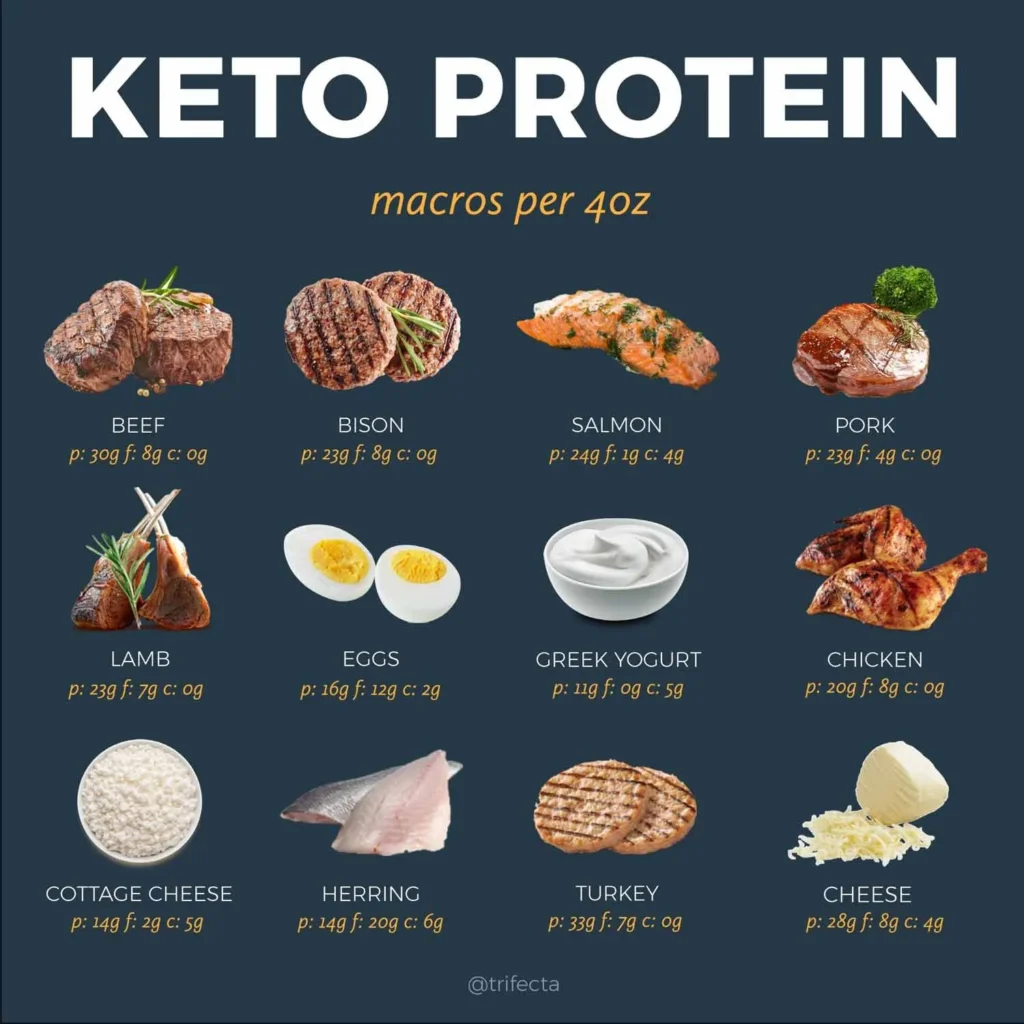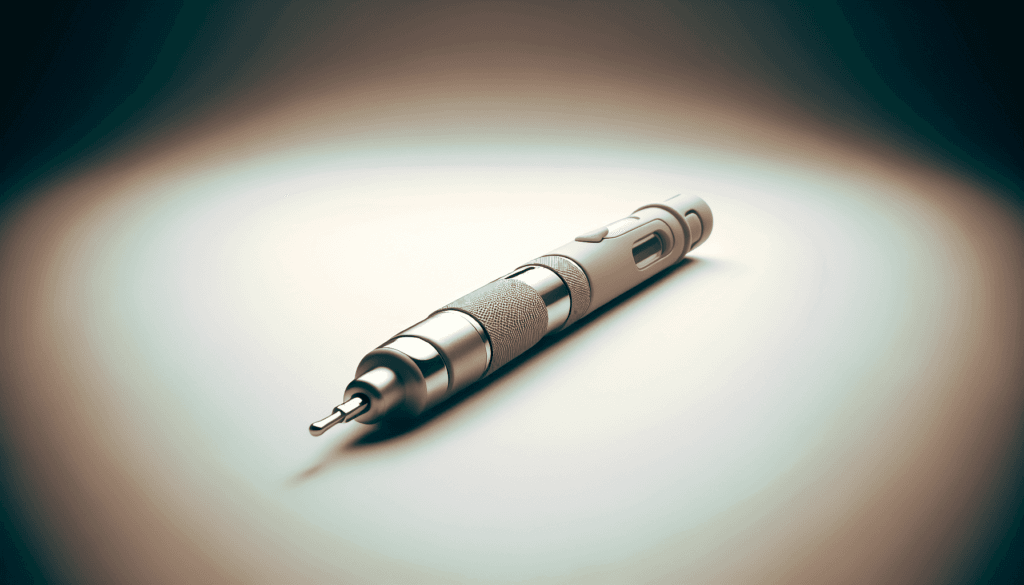The ketogenic diet, or keto diet, has gained popularity in recent years for its potential to promote weight loss and improve overall health. However, one concern that often arises when considering the keto diet is its impact on cholesterol levels. Many people worry that the high-fat nature of the diet could lead to an increase in cholesterol levels and, subsequently, an increased risk of heart disease.
But what does the science actually say about the relationship between the keto diet and cholesterol levels?
First, it’s important to understand that there are two main types of cholesterol: LDL (low-density lipoprotein) and HDL (high-density lipoprotein). LDL is often referred to as “bad” cholesterol because it can build up in the arteries and increase the risk of heart disease, while HDL is known as “good” cholesterol because it helps remove LDL from the arteries.
Some studies have shown that the keto diet can lead to an increase in LDL cholesterol levels, particularly in the first few months of following the diet. This may be concerning for some, as high levels of LDL cholesterol are generally associated with an increased risk of heart disease. However, it’s important to note that not all LDL cholesterol is created equal – there are different subtypes of LDL particles, some of which are more harmful than others.
Interestingly, the keto diet has also been shown to increase levels of HDL cholesterol, which is a positive effect on heart health. HDL helps remove LDL from the arteries and transports it to the liver for processing, reducing the risk of plaque buildup in the arteries.
Overall, while the keto diet may lead to an increase in LDL cholesterol levels, it also has the potential to improve overall cholesterol profile by increasing HDL cholesterol levels. Additionally, some studies have shown that the keto diet can lead to improvements in other risk factors for heart disease, such as blood pressure and blood sugar levels.
It’s also worth noting that the impact of the keto diet on cholesterol levels can vary from person to person. Some individuals may see a significant increase in LDL cholesterol levels, while others may experience minimal changes. It’s important to monitor cholesterol levels regularly and consult with a healthcare provider if you have concerns about your cholesterol levels while following the keto diet.
In conclusion, the science suggests that the keto diet can have both positive and negative effects on cholesterol levels. While it may lead to an increase in LDL cholesterol levels, it also has the potential to improve overall cholesterol profile by increasing HDL cholesterol levels. As with any diet, it’s important to consider individual factors and consult with a healthcare provider before making significant changes to your diet.


